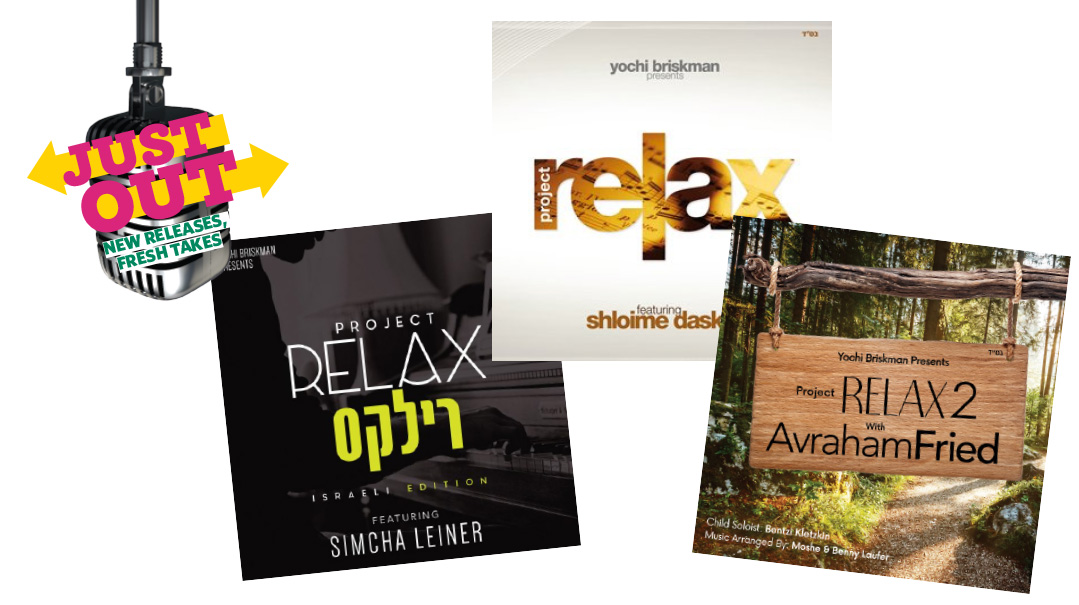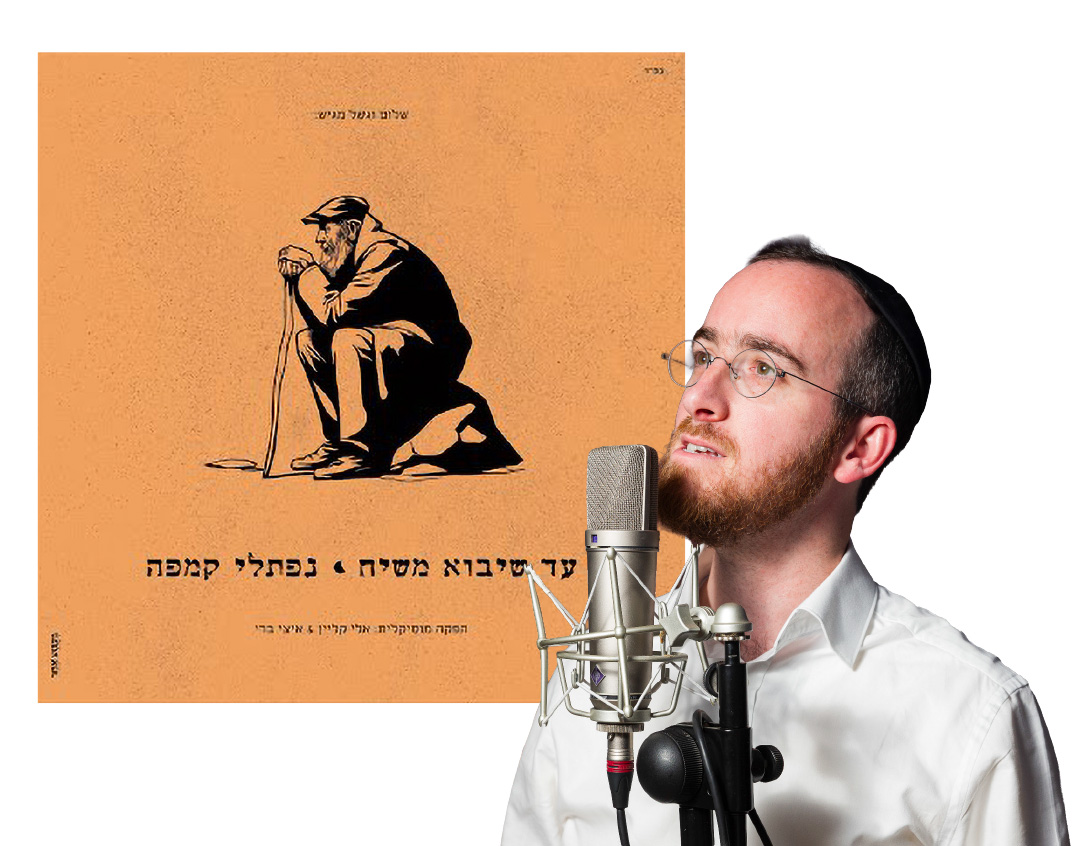More Time to Relax
| June 21, 2022Few are more on the inside than YOCHI BRISKMAN, who knows exactly what’s up and coming in the industry

The music industry is always “happening,” and often at a dizzying pace. To follow all the new releases, you have to be either music mad or a genuine insider, and few are more on the inside than YOCHI BRISKMAN, who knows exactly what’s up and coming in the industry. With his running series of PROJECT RELAX albums, which feature medleys of current and classic songs with flawless music and a warm, heimishe touch, he’s always on the lookout to earmark songs he thinks will work well for his next album.
“It starts with a generous listing, maybe 50 songs, maybe 100,” he says.
Then it’s time to select from that list, picking out the songs that will work well together in a collection. Besides musical taste, there are technical considerations: Which songs can be connected and how will the music transition between keys? The next song up needs to have something in common with the previous one, Yochi says, whether it’s key, beat, or tempo (although the tempo can often be adjusted so the songs match up more easily). The hallmark of Project Relax is that although the list of songs initially seems eclectic, once you’ve listened through the album once, all the transitions and key changes feel natural, and the songs feel like they naturally combine and link with one another.
PROJECT RELAX 2 WITH AVRAHAM FRIED is the second Project Relax with Avraham Fried as soloist, and the tone of the album is warm, pleasant, and heimish, with Yiddish lyrics added to some songs. Two older songs make a surprise appearance: “B’ein Meilitz Yosher” (London Pirchei – Borchei Nafshi, 1971) and “Aruka,” an old Suki Berry composition, and in fact the very first solo a much younger Avremel Fried ever recorded, on a wedding album produced by Sheya Mendlowitz back in 1980.
Yochi relates that this past winter, after a clip of a Chanukah kumzitz honoring Yigal Calek with his old London Pirchei alumni went viral, renewed interest in Calek’s material was piqued, so he thought of including a London Pirchei song to represent the era. Avraham Fried chose this particular Yamim Noraim classic.
Most of the songs, though, are those of a new generation. The first songs shortlisted as definite choices were Dovy Meisels’ “Kretchme,” Rechnitz’s “Im Eshkocheich” (Shir 3) and Avrum Mordche Schwartz’s “Leis Asar” (Kruvim Elyonim). Gradually, the list was narrowed further. “Most sets of songs end with an upbeat ending, to make things interesting and liven up the mix,” Yochi explains.
Avraham Fried, although a musical insider himself, admits that he wasn’t familiar with every song as originally recorded, but learned them from Yochi’s album guide: First Yochi recorded the music, next the choir vocals and child soloist, and then he had a studio singer sing the solo vocals as a guide for Fried.
This meant that Avremel could create his own interpretation, deliver his own kneitchen instead of just singing a copy of the original, and invest his own heart — all this keeping the songs, familiar as they are, fresh and unique.
(Originally featured in Mishpacha, Issue 916)
Oops! We could not locate your form.






